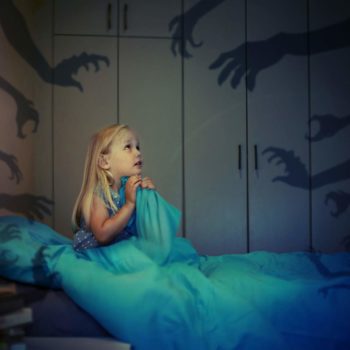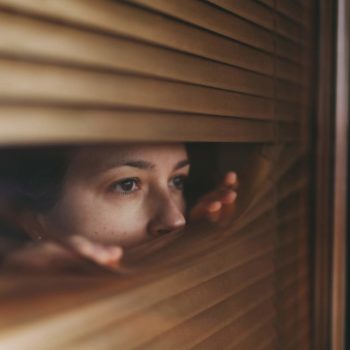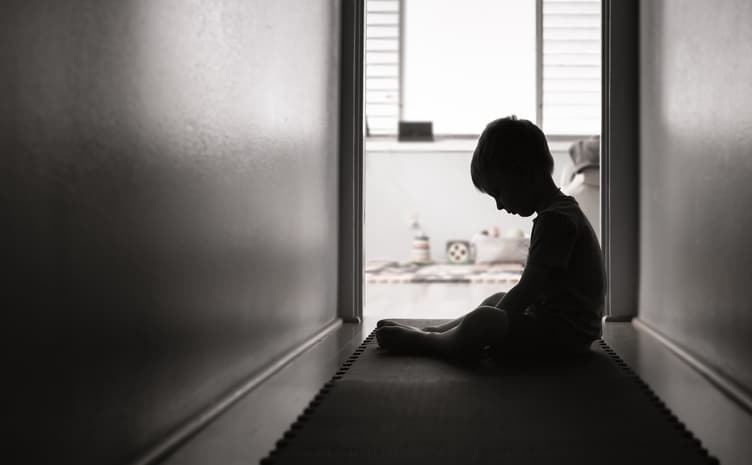What causes phobias?
There are numerous root causes for phobias. Research has shown that many phobias often result from one of the following:
- Trauma – negative experiences in childhood may lead to phobias as adults
- Genetics – children of parents with phobias are predisposed to experiencing phobias themselves
- Brain injuries – a traumatic head injury can often lead to phobia development
- External factors – phobias may result from an infection or from exposure to certain toxins, like mold
Sometimes phobias are learned responses that result from children adopting the fears of their parents. Regardless of the cause, all phobias are traumatic for the victim.
We at Bridgepoint stand ready to help you face your fears and overcome them for improved lifestyle and relief from stress.
Are phobias treatable?
Absolutely. Each person is different, and our trained therapists work individually with each patient to determine the best treatment style and frequency. Some of our treatments include:
- Counter-conditioning – therapists help each patient develop a new, healthier response to the specific phobia. The brain is re-trained to engage in more relaxing processes when encountering the feared object.
- Flooding – the patient is forced to experience the fear to overcome it with a new knowledge that it is not truly harmful.
- Medications – in addition to active therapy sessions, sometimes medications can help relieve the stress associated with phobias.
We look forward to conducting a thorough evaluation of your situation to determine the best treatment options for you.





